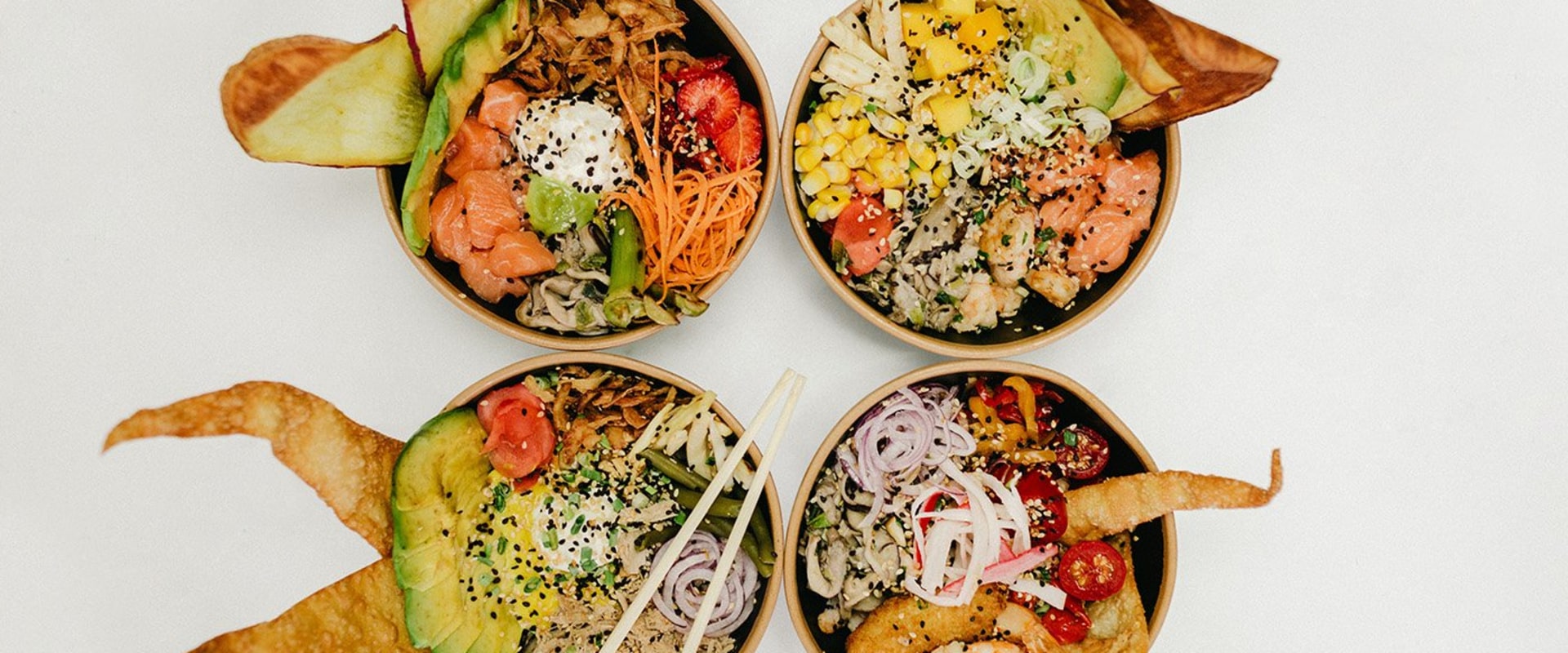Also known as contract packers, co-packers are companies that manufacture and package products for customers. For small businesses that don't have space or capital for their own commercial kitchens, co-packers help companies increase production and meet growing demand. The food and beverage industry is much more than just full-service restaurants. Learn about the different types of small food businesses and how you can start the food business of your dreams.
If you're thinking of opening a food business, a full-service restaurant might be the first thing that comes to mind. But there are many other ways to create and operate a successful food business besides a full-service establishment. And now more than ever, aspiring entrepreneurs and food lovers must be creative and carefully consider every opportunity before launching any food business. To get you started, here's a short list of some of the most common types of small food businesses.
Quick-service restaurant (or counter service) For example, ghost kitchens are especially relevant in the post-COVID era, where more and more restaurants are evolving and increasing delivery and takeout options. And specialty food companies are an excellent option for entrepreneurs who have perfected a product, such as hot sauce or jam. Location is essential to a successful business, especially for food companies that rely on location for traffic, such as coffee shops, specialty grocery stores, food trucks, or food carts. Often referred to as “store brands,” they include brands like Kirkland at Costco and 365 Everyday at Whole Foods.
As a restaurateur, you'll work with a number of different vendors, from furniture to POS systems, bar equipment, kitchen appliances and, of course, food. These are the places on a list of travel ideas for tourists looking for good food from a renowned chef. COVID-19 has radically changed the food and beverage industry as a whole, challenging the owners and operators of all food businesses to adapt in ways never seen before. As the food service industry is always changing, it can seem difficult for hopeful restaurateurs to keep up.
Meals are usually served and eaten on the premises, but many restaurants also offer takeout and food delivery services. However, be sure to check with your local regulatory office and consider getting legal advice to ensure you comply with all local safety codes and 26% health food standards. Mistakes are likely to be made, but it's all part of the learning process as you adapt and grow as a new food company. When businesses grow in size, they often use a food distributor to help streamline the distribution process.
The key feature is that it's informal, basic and people bet on comfort and location, not on the quality of the food. In a full-service restaurant, customers place and receive their orders at their tables; in a limited-service operation, customers order their food at a counter and then receive their meals at their tables. As the overall food service industry continues to grow and prosper, so does the demand for workers in an already reduced workforce.

Leave a Comment